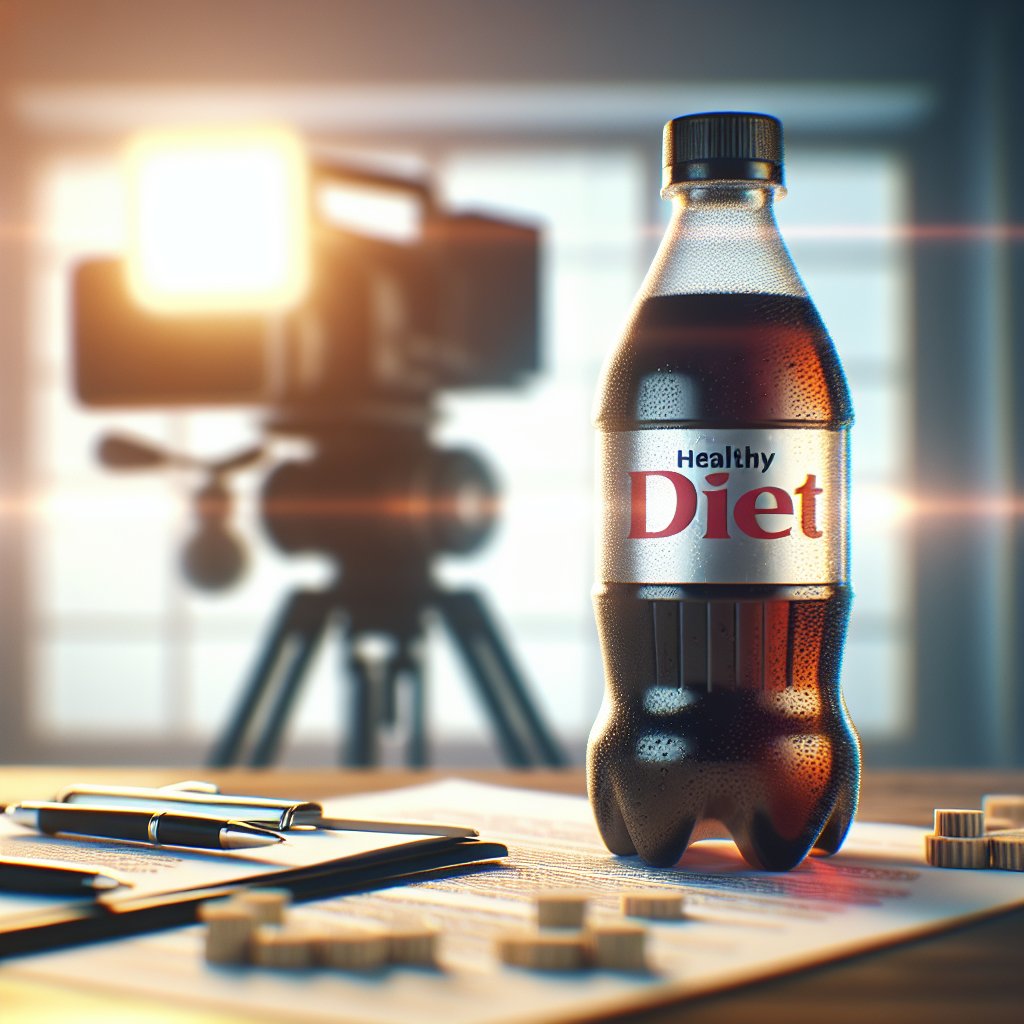The Hidden Risks in Your Fizzy Favorites
Remember when soda choices were just Coke or Pepsi? Now, there’s a smorgasbord of fizzy drinks claiming to be the healthier choice. But here’s the kicker: these ‘healthy’ alternatives might be quietly messing with your liver. Recent research suggests that even non-alcoholic beverages marketed as healthier options could be linked to metabolic dysfunction-associated steatotic liver disease (MASLD)—previously known as non-alcoholic fatty liver disease (NAFLD). This condition involves excessive fat accumulation in the liver not caused by alcohol, leading to serious health issues like liver scarring and increased risks of heart disease and diabetes.
If you’ve been diligently swapping out regular sodas for diet versions or trendy prebiotic drinks like Olipop, it’s crucial to know that the occasional sip isn’t the problem. It’s the daily guzzling that’s concerning. Experts warn that regular consumption of these beverages could hike up your chances of developing MASLD. So, before you pop open another can, here’s what you need to know.
What the Study Revealed
A study presented at United European Gastroenterology Week 2025 examined data from over 103,000 participants in the UK Biobank, none of whom had liver disease at the outset. Participants reported their daily intake of sugar-sweetened and low- or non-sugar-sweetened beverages. The findings were startling: consuming more than 9 ounces of these drinks daily was linked to a significantly higher risk of developing MASLD. Sugar-sweetened beverage drinkers saw a 50% increased risk, while those opting for low- or non-sugar versions faced an even higher 60% risk.
After a decade, 949 participants developed MASLD and 103 succumbed to liver-related causes. The study highlighted that replacing sugary drinks with water reduced MASLD risk by over 13%. However, swapping sugary sodas for low-sugar fruit juices didn’t lower the risk. While the study didn’t specify which low-sugar drinks were most harmful, experts like Dr. Danbee Kim caution that even ‘natural’ or ‘health-oriented’ drinks could pose a threat if they rely on sweeteners instead of sugar.
Why Artificial Sweeteners Could Be a Culprit
Low-calorie, artificially-sweetened drinks might seem like the perfect compromise, but they could be affecting your liver in unexpected ways. According to Lihe Liu, a lead researcher from The First Affiliated Hospital of Soochow University, these beverages may alter the gut microbiome, disrupt satiety signals, and even stimulate insulin secretion. Registered dietitian Albert Matheny explains that consuming something sweet, even without sugar, tricks your body into reacting as though sugar is present. This can lead to increased insulin production, prompting the liver to absorb more sugar from the bloodstream, potentially causing metabolic disruptions.
Dr. Kim adds that some artificial sweeteners may interfere with glucose and insulin management, leading to insulin resistance—a major factor in metabolic dysfunction and liver fat accumulation. Moreover, these drinks might mess with your hunger cues, making you believe you’re hungry when you’re not. There’s also the psychological aspect: subconsciously, drinkers might compensate for ‘saved’ calories by indulging in sugary or fatty foods later. While these are speculations, the link between artificial sweeteners and MASLD warrants attention.
To Sip or Not to Sip?
So, should you abandon your beloved ‘healthy’ sodas? Not necessarily. Albert Matheny suggests they’re a step up from traditional diet sodas, but not the ultimate health solution. Water remains the gold standard, but moderation is key. Enjoying a probiotic soda or unsweetened iced tea occasionally is likely harmless.
The takeaway? Balance is crucial. While ‘healthy’ sodas can be part of your beverage repertoire, they shouldn’t replace water as your primary drink. Keep an eye on your intake, and remember—your liver will thank you for it. In the end, making informed choices about what you drink is the best strategy for maintaining liver health.



